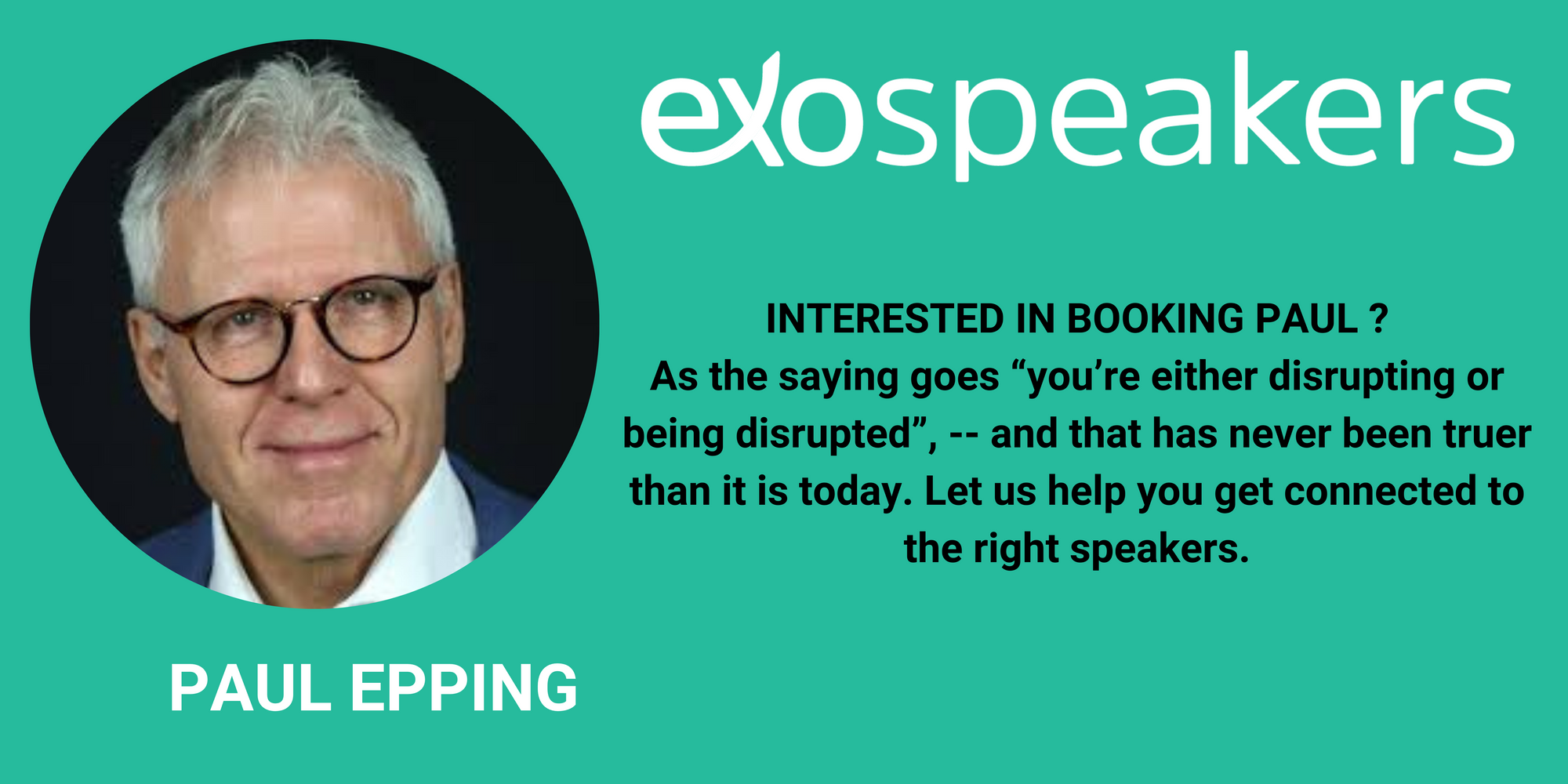
Nature’s Ingenuity
The amygdala was our survival kit during the ‘slow days of some 50.000 years ago,’ while walking across the steppe, helping us to make fast decisions in case of danger. In today’s fast society, dangerous animals have been replaced by intangible sources of fear that ‘alert’ us. Switching to a new source of fear is the ingenuity of nature that Darwin coined as ‘adaptive radiation’. The species remains the same but certain properties changed to adapt to the new environment. He discovered that while visiting different islands on the Galapagos Islands.
With respect to the amygdala, they figured out how it can be fed by new sources of fear to protect us and rewards to encourage us. Today’s dominant intangible source is by far information! Shouting at us ‘Act now!’ as if there is no tomorrow. The amygdala has the capability to remember fearful situations in the past as we as positive rewards and refers to that if a similar situation occurs. Our life is full of these intangible ‘fearful’ and ‘happy’ situations, starting with perceived negative impulses such as bad ratings at school up to waiting too long to ask your favorite girlfriend for a date when you see her sitting behind your best friend on your motorbike. Next time don’t wait. Well, next time you’re not factoring in that the context is a bit different… Oops! Or in times when you got positive feedback on something, made you feel the queen or king!
The priming of actions and thoughts is completely unconscious. We make fast decisions without realizing it. The amygdala’s library provides you with some sort of impulsive control system which seems so innate and so important to our brain, that we don’t even question it. Maybe we should (at least in hindsight and learn from it).
This leads us to the question of whether there is a relation between the exponentially changing era (speed) and our decision-making process? Are we more exposed to intangible fears due to exponential technologies that enable bombardments of (mis)information, which opens the library of our amygdala to act immediately? In other words, is there a tendency showing that we are more prone to quick decisions because of perceived gains, benefits (being the first with an invention, FOMO, etc.) based on a continuous flow of immersive information? System 1 at work and the working hours are 9-9-7!
Thinking fast and slow
Kahneman (1) distinguishes System 1 and System 2 thinking. System 1 is the more intuitive, fast decision-making process (kind of the amygdala and limbic system interference), whereas System 2 thinking suggests that slow thinking can help people improve decision making by reducing well-established statistical decision biases (which also includes hyperbolic discounting).
The problem of System 2 thinking is that it costs a lot of energy and time. To beat the System 1 power, you must step back, control the seductive desire of grabbing the quick gains, and think twice (or more). But human beings tend to be lazy and, above all in today’s world, we don’t have time!
The time paradox
A lot of technologies, throughout history, were invented to ease our lives, to substitute muscle power (chemical energy). Cars, trains, airplanes, ploughs, harvesting robots are some of the blessings to ease our muscles. Computers, and their derivatives, are substitutes for our brainpower. The list goes on and on, but you get the point: it creates time! Inventions and innovations use the convergence of exponential technologies to exponentially speed up these processes. Some of our favorite ones are AI, nanotechnology, biotech, extended reality, blockchain, and the Internet of Everything (including yourself as a matter of fact).
If we continue the trend of exponential technologies and the effects on human beings, then it is not difficult to see that more and more activities, that we are doing today, will be substituted by technology. Autonomous electric vehicles (AEV) will do their job all by themselves. We only need to get in, and off we go, through the air or on the road, to the destination we already ordered through Alexa, Echo or Siri.
Time… More time to spend, or not?
A not-so-far-away reality?
- In the immersive technology of the AEV, we can do some online (grocery) shopping, (that will be delivered to your home automatically because it’s so easy and saves time),
- talking to your avatar mom (because you didn’t have time the evening before due to the new robot that was delivered and you had to tell it what tasks to do by supervised machine learning),
- attending a 3D presentation done by your favorite colleague, (learning that he will not go to the office because of a malfunctioning light-blocking window system and therefore couldn’t take a shower fearing to be exposed to the neighborhood),
- running through short messages to be ‘up to date’ of what’s happening in the world while sipping from a freshly brewed coffee made by the AEV,
- almost exhausted, the AEV delivers you to the entrance of the office,
- unwarily stepping on an automatic conveyor belt that’s moving you to the right room that you blocked several weeks ago, thus not losing time to find the correct room.
A world of exponential technologies, creators of abundance, where time seems scarce!
Technology saves us time, yet we don’t have time. We are too busy (with what?), therefore we must make fast decisions because of time constraints. Who or what is going to solve this paradox?
Where are we going? What is our purpose? Who or what determines my time? Will the perception of available time change? Some of the questions that we will continue to explore in this series.
This article was written in collaboration with Alina Solotarov, Research, Xponential https://xponentialtalks.com
- Thinking Fast and Slow, D. Kahneman, 2011
This article is part of a series on The Price of Exponential Growth: Will it still be relevant that what we don’t want. Be sure to catch each one. (Links will be provided below as they are published)
Does Exponential Growth Have A Price? Time, And A Lurking Paradox (Part 1)
A Critical Look At Some (MT)Ps (Part 2)
Nature’s Ingenuity (Part 3)
One of the kindest things you can do is to share this information if you found it informative or it increased your understanding in some way. Please use the social sharing buttons or whatever method you like and share on your favorite social channel! Karma is cool and you'll look cool for sharing.

ExO Insight Newsletter
Join the newsletter to receive the latest updates in your inbox.










